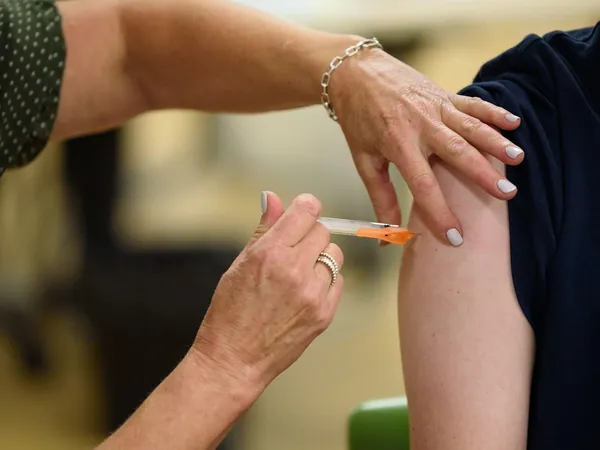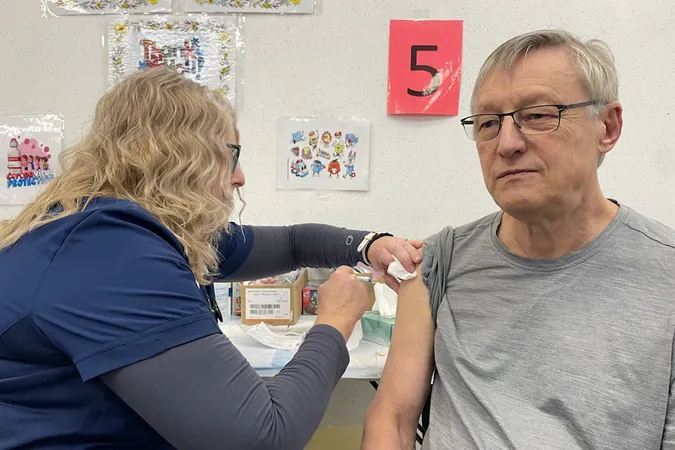
Shocking First: B.C. Teen Diagnosed with Bird Flu in Canada!
2024-11-13
Author: Sophie
Groundbreaking Announcement from Public Health Agency of Canada
In a groundbreaking announcement, the Public Health Agency of Canada has confirmed that a teenager in British Columbia has become the first person in Canada to contract avian influenza, commonly known as bird flu, specifically the avian influenza A(H5N1) strain. This alarming case was reported following the teen's admission to Children’s Hospital on November 8, where they are currently receiving critical care.
Timeline of Diagnosis and Confirmation
The teen exhibited symptoms and tested presumptively positive for H5N1 just a day after hospitalization, on November 9. By November 13, the confirmation of the infection came from the National Microbiology Laboratory (NML) located in Winnipeg. Genomic sequencing revealed that the virus is linked to the ongoing outbreak in poultry within British Columbia, identifying it as belonging to Influenza A (H5N1), clade 2.3.4.4b, genotype D.1.1.
Active Measures by Provincial Health Authorities
Provincial health authorities, led by Dr. Bonnie Henry, are actively tracing contacts and conducting tests in an attempt to limit any potential spread of the virus. Luckily, she stated that there are currently no indications that the virus has spread to others.
Understanding the Risk of H5N1 Avian Influenza
Human cases of H5N1 avian influenza are exceptionally rare, typically emerging only after direct interactions with infected birds, other contaminated animals, or through severely contaminated environments. Dr. Theresa Tam, Chief Public Health Officer of Canada, expressed concern for the affected teen and their family, noting the diligence of health workers who are currently providing care.
The Importance of Ongoing Vigilance
This case serves as a crucial reminder of the need for ongoing vigilance in monitoring the spread of avian influenza, particularly as infections in wild birds and poultry can pose significant risks to humans. Dr. Tam highlighted the effectiveness of hospital-based influenza surveillance in detecting such viruses, underscoring the necessity of continuous efforts to prevent the transmission of bird flu from animals to humans.
Public Safety Measures and Future Outlook
As health officials in B.C. ramp up measures to ensure public safety, this incident raises urgent questions: Are we prepared for potential outbreaks? What measures can be taken to protect public health? Stay tuned for more updates on this developing story.









 Brasil (PT)
Brasil (PT)
 Canada (EN)
Canada (EN)
 Chile (ES)
Chile (ES)
 España (ES)
España (ES)
 France (FR)
France (FR)
 Hong Kong (EN)
Hong Kong (EN)
 Italia (IT)
Italia (IT)
 日本 (JA)
日本 (JA)
 Magyarország (HU)
Magyarország (HU)
 Norge (NO)
Norge (NO)
 Polska (PL)
Polska (PL)
 Schweiz (DE)
Schweiz (DE)
 Singapore (EN)
Singapore (EN)
 Sverige (SV)
Sverige (SV)
 Suomi (FI)
Suomi (FI)
 Türkiye (TR)
Türkiye (TR)